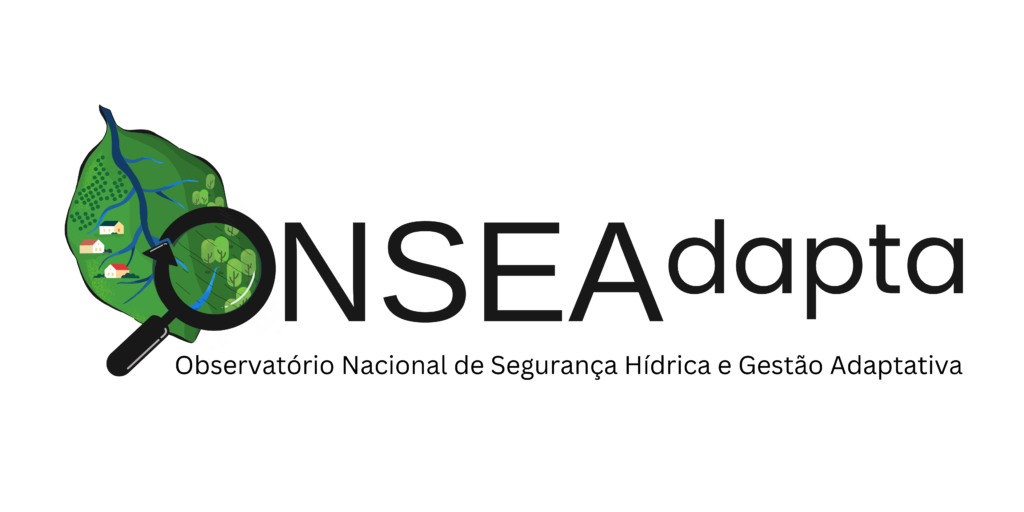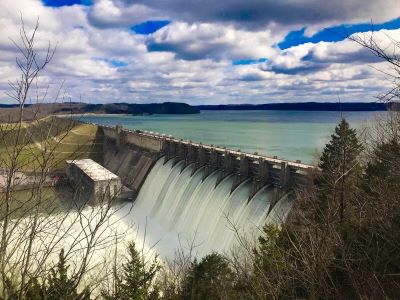

Scientific unit
Scientific unit
scientific unit
The approval of these INCTs promotes the expansion of strategic themes for the country, such as food security, low-carbon agriculture, health, gender inequalities and violence, artificial intelligence, and nanopharmaceuticals.
The 58 new INCTs will be present in every country’s region, with approximately 30% of the available funds going to INCTs based in the North, Northeast, and Midwest regions.
Large long-term research projects in national and international scientific cooperation networks characterize the INCT Program. Moreover, those cooperations must corroborate with these projects’ scientific impact and human resources development. Each of the 104 INCTs currently running works on themes from different areas of knowledge. The initiative involves thousands of researchers and fellows in complex topics in other laboratories and centers, part of the research networks.